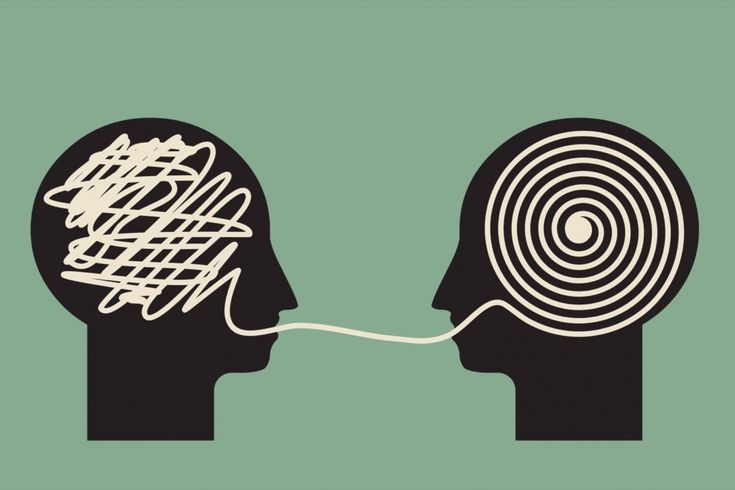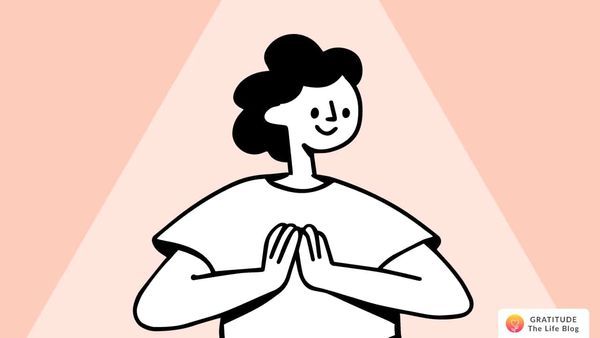“Cultivate the habit of showing gratitude for every good thing that comes to you, and to give thanks continuously.” – Ralph Waldo Emerson
Gratitude is a simple yet profound concept, often overlooked in the hustle and bustle of daily life. At its core, it is the practice of acknowledging and appreciating the positive aspects of life, whether they are big or small. While it may seem like a mere expression of thanks, it is a powerful force that can transform our perspective, relationships, and overall well-being. In this blog, we will explore the essence of it, its scientific underpinnings, and practical ways to cultivate it in our lives.
Understanding Gratitude
Gratitude is more than just saying “thank you.” It is a deep recognition of the goodness in life and an acknowledgment that this goodness often comes from sources outside ourselves. Whether it’s the kindness of a friend, the beauty of a sunset, or the opportunities life presents, it encourages us to focus on what we have rather than what we lack.

Philosophers and spiritual leaders have long emphasized the importance of it. From the Stoics in ancient Greece to modern self-help gurus, the idea of appreciating life’s blessings transcends time and culture. Today, science backs up these age-old teachings, demonstrating the significant impact it can have on our mental and physical health.
The Science Behind Gratitude
Research in positive psychology has revealed that it is a key component of happiness and well-being. Studies show that individuals who practice it regularly experience lower levels of stress, depression, and anxiety. They are also more likely to feel satisfied with their lives, form stronger relationships, and maintain better physical health.
1. Mental Health Benefits
Gratitude rewires the brain. Neuroscientific studies have found that practicing it activates the brain’s reward centers, releasing dopamine and serotonin, the “happy chemicals.” Over time, this positive reinforcement can reframe our thinking patterns, making us more optimistic and resilient.

2. Physical Health Benefits
Grateful people tend to sleep better, have lower blood pressure, and enjoy stronger immune systems. A 2011 study published in Applied Psychology: Health and Well-Being found that participants who wrote in a journal for just 15 minutes before bed reported improved sleep quality and duration.

3. Social Benefits
Expressing thankfulness strengthens relationships. When we acknowledge others’ kindness, it fosters mutual respect and deepens bonds. Whether in personal relationships, workplace interactions, or community settings, it enhances trust and cooperation.

Gratitude in Everyday Life
While the benefits of gratitude are undeniable, integrating it into daily life requires intentionality. Here are practical ways to cultivate gratitude:
1. Keep a Gratitude Journal
Spend a few minutes each day writing down three things you are grateful for. These can range from significant achievements to small moments of joy, like a good cup of coffee or a smile from a stranger. Over time, this practice trains your mind to focus on the positive aspects of life.
2. Practice Mindfulness
Mindfulness and gratefulness go hand in hand. By being present and fully engaged in the moment, you can better appreciate life’s simple pleasures. Take time to notice the beauty around you, from the sound of birds chirping to the feeling of the sun on your skin.
3. Express Gratitude to Others
Make a habit of telling people how much you appreciate them. Whether it’s a heartfelt thank-you note, a verbal expression of thanks, or a small act of kindness, showing gratefulness strengthens connections and spreads positivity.
4. Reflect on Challenges
Even difficult experiences can offer opportunities for growth. Reflecting on what you’ve learned from setbacks or hardships can foster a sense of gratefulness for the resilience and lessons gained.
5. Celebrate Small Wins
Life is full of small victories. Take time to celebrate these moments, whether it’s completing a task, overcoming a fear, or simply making it through a tough day.
Gratitude in Different Cultures
It is a universal value, celebrated in various ways across cultures and traditions:
- Native American Traditions: Many Native American tribes incorporate it into daily life through rituals and ceremonies that honor nature, ancestors, and community.
- Eastern Philosophy: In Buddhism, it is intertwined with mindfulness and compassion, emphasizing appreciation for the interconnectedness of all life.
- Western Practices: Thanksgiving in the United States and Canada is a holiday dedicated to expressing thankfulness for blessings and abundance.
The Ripple Effect of Gratitude
Gratitude is contagious. When we practice gratitude, it not only benefits us but also inspires those around us. Acts of thankfulness create a ripple effect, spreading positivity and kindness in our communities.

Consider the story of a teacher who introduced a gratitude jar in her classroom. Each student wrote down something they were grateful for every day. Over time, this simple practice transformed the classroom environment, fostering empathy, cooperation, and joy among the students.
Overcoming Barriers to Gratitude
While gratitude comes naturally to some, others may find it challenging, especially during tough times. Here are strategies to overcome common barriers:
- Shift Perspective: Focus on what you have rather than what you lack. Practicing gratitude doesn’t mean ignoring life’s difficulties but rather finding silver linings amidst challenges.
- Start Small: Begin with simple practices, like saying “thank you” more often or noticing one positive thing each day.
- Be Patient: Cultivating gratitude is a journey. It takes time and consistency to shift your mindset and make it a habit.
Conclusion
The essence of gratitude lies in its power to transform. By embracing thankfulness, we can shift our focus from scarcity to abundance, from despair to hope, and from isolation to connection. Whether through journaling, mindfulness, or expressing appreciation to others, gratitude opens the door to a richer, more fulfilling life.
In a world that often emphasizes what we lack, gratitude reminds us of all that we have. As the poet Rumi once said, “Wear gratitude like a cloak and it will feed every corner of your life.” So, take a moment today to pause, reflect, and give thanks. The practice of gratitude may be simple, but its impact is profound and enduring.


Leave a Reply to Self-Improvement : The 10 Pathways for Successful People Cancel reply